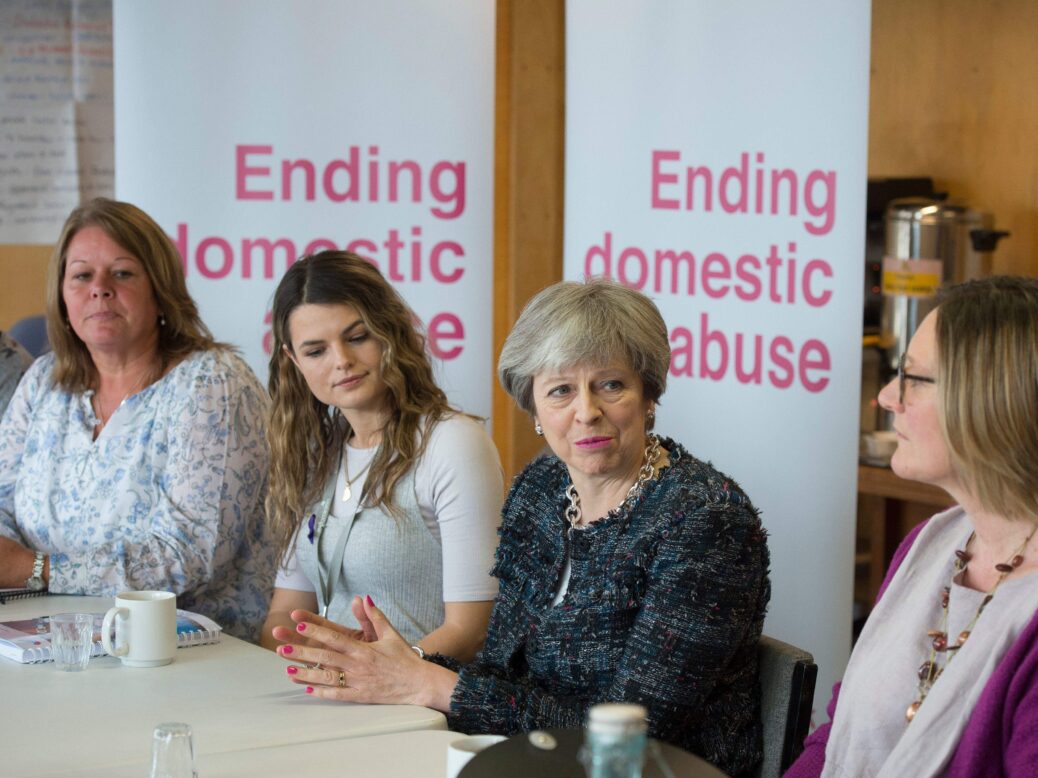
What would you do if your partner denied you access to your bank account? If they gave you a tiny allowance, and made you account for every penny spent? Signed you up for credit and forced you into debt? What if your lack of financial independence left you trapped, as their controlling behaviour evolved into physical violence?
And how would it feel to discover the government was facilitating your abuser all along?



